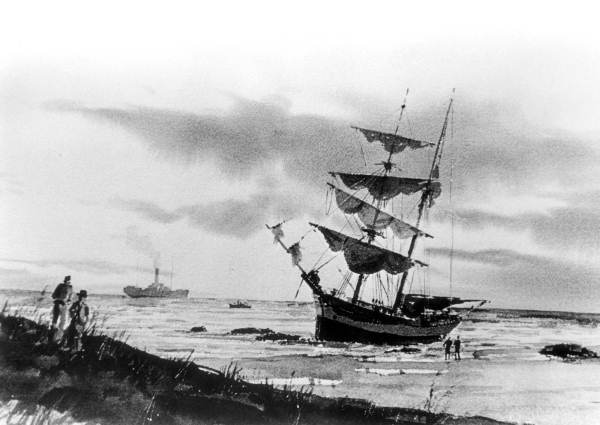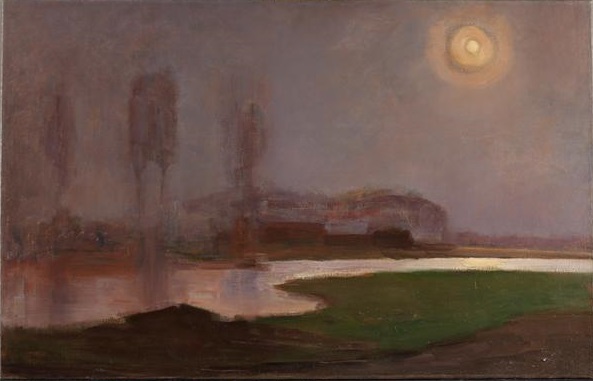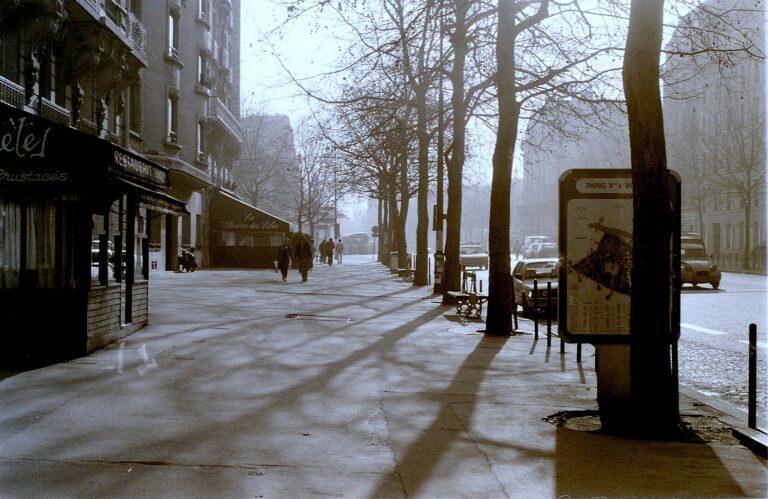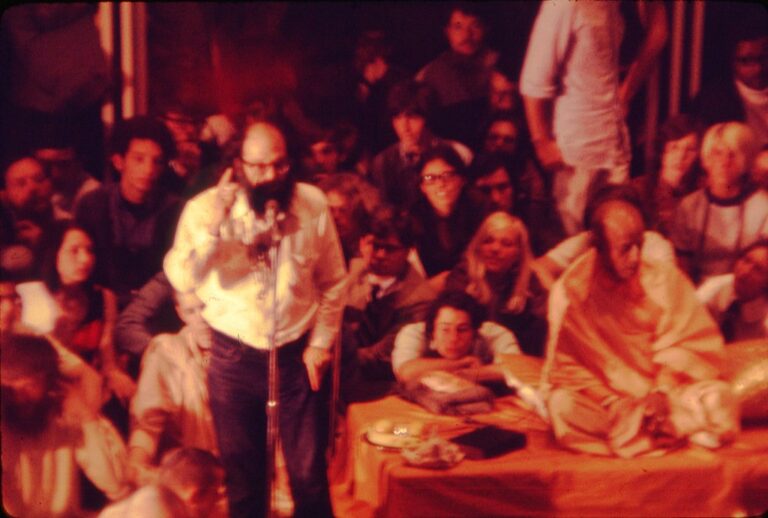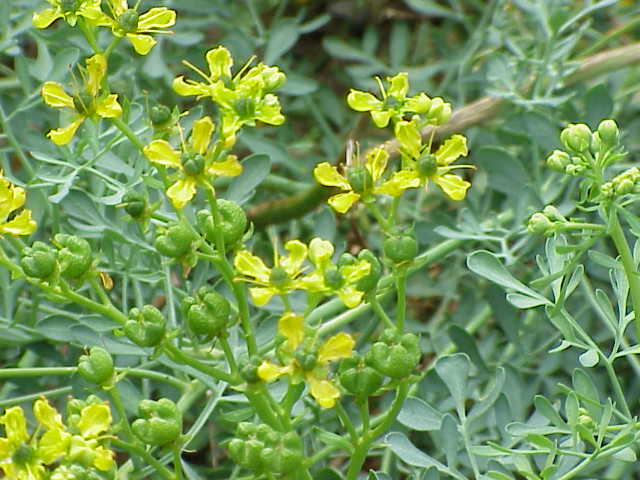The Bending
There are whales in the sky. The last of the day’s sun presses up
brilliant, flat, white bellies; the higher-ups’ downward pressure, a
strongly moral force, rounds down dark, rain-child backs. These
repel at a blurred seam.
My little ship, too dim to panic even at this certain sign that the
world is ending, skims across the chop toward home.
At the Slash
The tender intersections of all the ephemeral lines in the sky, on
the map, of the mind, release. The little crayola squares of blue and
green, playthings of latitude, longitude, colonial, indigenous, stray
off the sphere unsupervised. Human footfalls apprehended by
sensors now belong to the air; compasses searching for iron merely
tremble with haphazard joy.
Today is not yesterday. The boundaries of your nations ease into
irrelevance, as soft to us as they are to the crossings of the balsam-
scented clouds.
Supermoon
We can do it anywhere. You in?
I didn’t think so.
But look, ours is a tender, over-creeping tide searching for distant
kin, waiting for the little under-wobble that tells us that our subtle,
darkened space is full again. Penetration and surrender, let’s face
it, it’s how the world turns, whether it’s a continent or the space
between your pants pockets. Sky wasn’t made to be caged, and black
earth won’t be risen above. We are irresistible, so why fuss?
The big boss left an empty seat. Let’s us kill the cardinals, lesser
clerics of the failure of love, and find our flow. Kill the wound the
world has made of us, tiptoe to the shore, and surge.

Laura Costas is a poet, artist, and DC native. She is the author of three books, Honest Stories; Fabulae, Tales for an Age of Ambivalence; and most recently, Ariadne Awakens, Instructions for the Labyrinth.
Image: Photograph of a painting by Eldred Clark Johnson., Public domain, via Wikimedia Commons
